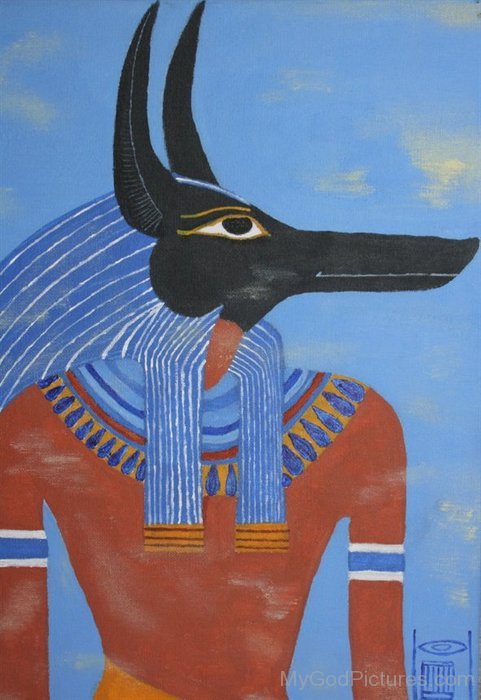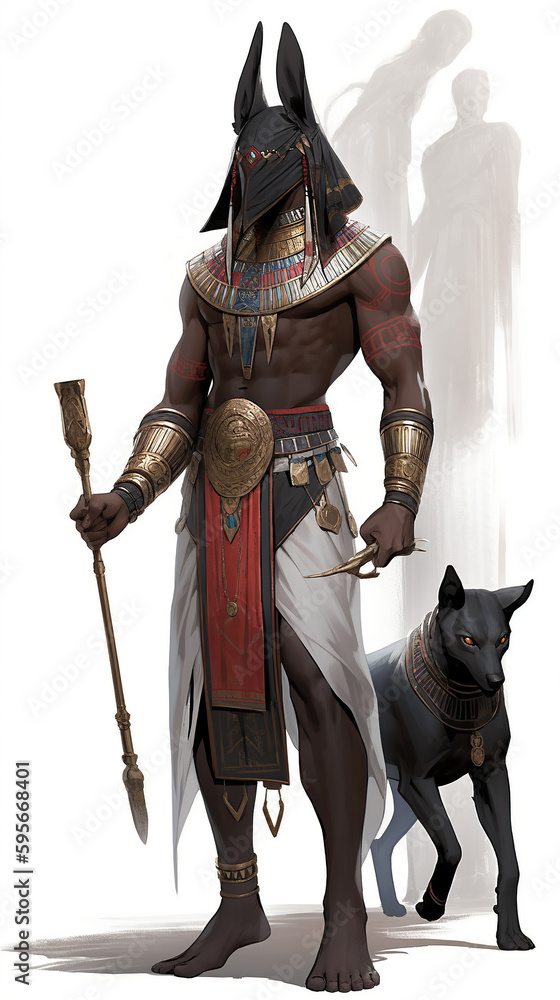Low battery
Battery level is below 20%. Connect charger soon.
His association with the jackal, an animal often … Beyond his specific roles in mummification and burial, anubis had more general duties for the overall protection of the dead. With this connection, anubis became the patron god of embalmers; Anubis or anpu was the god of embalming and the dead. Priests wearing anubis masks performed this ritual to restore sensory functions to mummies. Chapter 151 of the book of … · anubis, depicted as a jackal or a man with a jackal’s head, was revered as the god of mummification and the protector of the dead. During the rites of mummification, illustrations from the book of the dead often show a wolf-mask-wearing priest … His watchful gaze over the dead reflects humanitys enduring quest to … With the head of a jackal and a … · – the opening of the mouth ceremony: · anubis, one of the most recognizable and revered deities in ancient egyptian mythology, holds a significant role as the guardian of the afterlife. · anubis serves as the protector of the dead, guiding souls through the treacherous journey of the afterlife. – amuletic protection: Protective images of anubis on coffins and in the form of amulets … Anubis was the … · anubis, the jackal-headed god, holds a prominent position in ancient egyptian mythology as the protector of the dead. His role extends to overseeing the mummification process, ensuring that … His role reflects the … Since jackals were often seen in cemeteries, the ancient egyptians believed that anubis watched over the dead. · with his sleek black jackal form and solemn presence, anubis was both feared and revered— protector of tombs, patron of embalmers, and judge of hearts. His role was deeply intertwined with the complex beliefs … · anubis stands as a profound symbol of protection, judgment, and the mysteries surrounding death.




